Displaying something of the magic and mystery of the magnificent English language, the word corona is as full of wonder as it is irony. The same word we now meet in the name of a pandemic virus is also a word for a crown. In its earliest usage’s, corona means the luminescent glow around the sun in certain astronomical conditions. Corona is also a form of poetry. In poetry, a corona connects the last line in a sequence of poems to next opening line thus making a full circle sequence, like an endless Celtic knot, woven skillfully by the poet’s art. Thus, the word corona proves a fitting inspiration for a new collection of 150 poems by the acclaimed English poet Malcolm Guite. Writing in poetic and meditative response to each of the Psalter’s 150 Psalms, Malcolm Guite creates a prayer response to the ancient songs passed on to us by King David and fellow psalmists, who first wrote these songs. The rare beauty of this new collection is made all the more beautiful for having emerged out of worldwide trauma and enforced isolation.
It is our great privilege to interview Dr Guite regarding this remarkable new work and to share this conversation with you.![]()
Hemmed in
LES: In the time of being hemmed in while COVID was first impacting us, Malcolm, what particularly drew you to the Psalms to begin with and what actually triggered the notion that you could write a responsive sequence to whole span of the Psalter?
MG: Well, I say the psalms as part of the ‘daily office’, the regular morning or evening prayer time for which a certain number of psalms are set, and it’s very easy for that to become a routine and the psalms just slip by in rote recitation, but over the course of the pandemic I found them leaping into view suddenly speaking directly to me and through me as the language of the heart, because of course many of those psalms were composed in crisis, including the crisis of illness and plague. I felt I wanted to be in a fresh dialogue with the psalms, to make my own prayers prompted by the psalms and poetry seemed the best way for me to do that. I had been reading a book which gave the history of European prayer beads and learned that before prayer beads became especially associated with Mary and the ‘rosary’ they were actually used to pray the psalter, or to pray short, numbered prayers responding to the psalter, so a set of beads consisting of five ‘decades’ or groups of ten, would be prayed three times, to cover the hundred and fifty psalms. I wondered if my new poems might each be like a prayer bead, one leading on to another, all linked together. Then I remembered John Donne’s sonnet sequence ‘La Corona’ where the last line of each poem is the first line of the next and the final line of the sequence is also the first line, making a circle, chaplet, or ‘corona’, a little crown, And I decided that I would try and write a sequence like that for the whole psalter.
Of Coronas & Crowns
LES: There is a fascinating interplay in the words corona and crown, which you have mentioned in the preface and in the introductory material for this collection. ‘Corona’, like most of the words we use today, had its beginnings hundreds of years ago, in languages that precede the English we now speak. One of the beautiful original meanings of the word ‘corona’ reads “one or more circles of light seen around a luminous object’. How do you see the correlation of those circles of light reflected in the form of the corona poem? Is there a deeper statement that you wish to make through the use of this form to readers searching for some depth of meaning in a time when so much seems lost?
MG: I think the idea of the ‘round’ or circle is important here. You are never finished saying the psalms, it is always time to begin again, and when you do, they are new and fresh, they have something new to say to you and you have something new to say to them as I discovered in writing this sequence. But of course, the ‘crown’ in corona is important. You will see the word ‘corona’ hidden in the word ‘coronation’ and a central insight in my reading of the psalms is that they are not just about David, but about Christ, the son of David, born in David’s town. I think the psalms speak prophetically both of the Corona Spinea, the crown of thorns through which Christ shares our suffering, and the crown of glory which he will share with us. Indeed, I think the suffering in this present corona virus pandemic is part of Christ’s ‘corona spinea’, and I have brought those senses of ‘corona’ out in various ways in the poems.
Practice & Pre-shaping
LES: The story about how writing this series of poems took place and the time frame in which you accomplished it is fascinating: a first draft of this 150-poem responsive writing in a two-month period of time during the first lockdown. You’ve mentioned earlier that you thought it would possibly take 2-3 years for such an undertaking. What made it possible to write like this? What role do you give to the conditions, and what to be being trained and prepared ahead of time for crafting this sequence? Is there a connection between your experience in writing responsively to George Herbert’s work in After Prayer as a kind of preparation to this greater effort?
MG: That’s a very good question. When I first considered that I might write such a long and carefully wrought sequence I thought it would take years and was ready to commit that time, but then, once I started, I found I was completely gripped and couldn’t stop, and in May and June of last year I had perhaps the most intense creative period I have ever been through. I realise though that this had, in one sense been long in preparation and was waiting to happen.
I have been reading the psalms regularly throughout my Christian life and it was in fact whilst reading the psalms in Coverdale’s translation, for purely literary reasons, as an agnostic student in 1979 that I had the sudden sense of God’s holy presence that led, eventually to my conversion. Some years ago, I completed a five day walking pilgrimage along Cuthbert’s Way, from Holy Island to Melrose Abbey, and because I knew Cuthbert recited the psalms aloud on his journeys I did so too and recited the whole psalter aloud, again in Coverdale’s translation, on that memorable pilgrimage. Some of the appreciations of Nature in this new poetry collection draw on that experience. So there was, as it were, a huge store of reflection on and experience with the psalms which was waiting for this moment to find form! My work on the George Herbert sequence had also certainly helped to warm my mind to this task, and the corona form, which means that as soon as you have finished one poem you already have the first line for the next, also helped with the flow!
Returning – “going back is the quickest way on”
LES: You used the Coverdale’s translation of the Psalter in the Book of Common Prayer to respond to for this sequence of poems. This translation was done in 1535 for Myles Coverdale’s translation of the Bible and it has been in use in the Book of Common Prayer since 1662. That puts this translation in active use for 486 years at this counting! With so many modern translations available, why use the Coverdale translation? What comes of using the old manuscripts in modern life and struggles?
MG: Well the first consideration was that Coverdale was the translation I habitually used for my own prayers and ‘daily offices’ so it was for me the prime and first form in which I had known the psalms. But more importantly it is I think the richest and most poetic translation, especially in its very strong rhythm and its beautiful rendition of linguistic variation in the parallelisms which are part of the original psalms poetic form. Finally, I am hoping that this book will be a helpful companion for those, like me, who use the book of common prayer in their daily devotions, so I wanted to offer them poetry that picked up directly on the language of that translation.
LES: The notion of something having vast value that predates us is something you mention in the preface to David’s Crown. You write, “in this we are not making a new discovery but returning to a great tradition.” Returning. Isn’t so much of the call that we are receiving through the confrontation of this past year about re-accessing the direction we are heading – especially under the label of progress? C.S. Lewis offered this in regard to what constitutes real progress when you are headed in the wrong direction,
“We all want progress. But progress means getting nearer to the place where you want to be. And if you have taken a wrong turning then to go forward does not get you any nearer. If you are on the wrong road progress means doing an about-turn and walking back to the right road and in that case the man who turns back soonest is the most progressive man. There is nothing progressive about being pig-headed and refusing to admit a mistake. And I think if you look at the present state of the world it’s pretty plain that humanity has been making some big mistake. We’re on the wrong road. And if that is so we must go back. Going back is the quickest way on.” ― C.S. Lewis, The Case for Christianity
We hear this same idea given to us long before Lewis in the Book of Jeremiah.
“Thus says the Lord,
“Stand by the ways and see and ask for the ancient paths,
Where the good way is, and walk in it;
And you will find rest for your souls.
But they said, ‘We will not walk in it.’” ― Jeremiah 6.16
Sometimes the best path forward is taken by turning around. What do we gain in returning to our own heritage in the ancient traditions and what do you gauge as needed to do that successfully? Is there a bit of the prodigal son experience in this need to turn to return to our heritage?
MG: Yes, I certainly think so. This Pandemic has made many people reassess their lives and dig a little more deeply into the spiritual resources by which they live. Of course, there is a proper place for innovation and for new liturgies, but we have inherited great riches and sometimes we neglect them and forget how good these things really are. But the psalms of course are not a museum piece, so my hope was to be nourished by this ancient text but nevertheless to respond to it in a contemporary way. So for example, as early as the second psalm I have a prayer about not being overcome by haters and internet trolls!
The Great Song
LES: In the Online Conversation that you shared with Cherie Harder for The Trinity Forum this past December, you touched something very elemental to the nature of poetry – its rhythm and its connection to song. The Psalms, of course, were written as songs and not poetry as we might think of it today being a kind of literature to be read aloud or read only in private. The Psalms were written out of the rawness of every human emotion and circumstance, reflecting everything from anguish to ecstasy, wisdom to wonder. And inherent in them all is a musical element, a Singing that comes through them but is also far greater. That element sings to us now as living and fresh now as when they were first penned and sung. When you were reading through them and writing in response during this process of reflection, did you hear something different than you have heard before? Did you find a kind confirmation in hearing what could be called a “life-song” singing through you as a poet and artist as an individual?
MG: Yes, very much so. I read every one of these psalms aloud before writing the corresponding poem so that I could hear the rhythm and verbal music as song, not simply printed text, and, in turn, I think the poems will work best if they too, are read aloud. (I am gradually posting recordings of all of them onto my blog)
Indeed, my sense of song, not only in the psalms, but in life, indeed my sense that creation itself is continually singing a song of praise which we are invited to join, comes out very strongly in my response to psalm 96 which of course begins ‘Oh sing unto the Lord a new song’. I went out of my way to make the sound of that poem as mellifluous and musical as I could, especially at the end.
XCVI Cantate Domino
Our Saviour King and Shepherd calls us home
And on our homeward journey bids us sing,
To join that all-renewing song to him
Which all creation sings. The valleys ring
With praises and the mountaintops rejoice;
The greenwood trees and meadow flowers bring
Their silent praise and call on us to voice
It for them in our songs, to worship him
In awe, in beauty, and in holiness.
It is not for ourselves alone we hymn
The great creator, for we lift our song
To voice creation’s praise. The drowsy hum
Of honey laden bees, the lovely, long
And lapsing sigh of waves along the shore,
And our own joy, must all make up the song.
Of Radix & trees
LES: You have a significant body of work accumulating as a poet and writer and that body of work allows us to see a rhythm of recurring themes. One of the themes that emerges consistently in your work is related to trees. The whole story of human history with God our Maker is framed with trees – the Tree of Life in the Garden of Eden and the Tree of Life in the New Jerusalem. The opening of David’s Crown is with Psalm 1– the Psalm that gives us the image of the Living Tree at the mid-point of Scripture. When I read this opening poem, I heard not only it by itself, but I heard echoes of its shaping that had come before it in your antiphon, O Radix.
All of us sprung from one deep-hidden seed,
Rose from a root invisible to all.
We knew the virtues once of every weed,
But, severed from the roots of ritual,
We surf the surface of a wide-screen world
And find no virtue in the virtual.
We shrivel on the edges of a wood
Whose heart we once inhabited in love,
Now we have need of you, forgotten Root
The stock and stem of every living thing
Whom once we worshiped in the sacred grove,
For now is winter, now is withering
Unless we let you root us deep within,
Under the ground of being, graft us in.
Come to the place, where every breath is praise,
And God is breathing through each passing breeze.
Be planted by the waterside and raise
Your arms with Christ beneath these rooted trees,
Who lift their breathing leaves up to the skies.
Be rooted too, as still and strong as these,
Open alike to sun and rain. Arise
From meditation by these waters. Bear
The fruits of that deep rootedness. Be wise
In the trees’ long wisdom. Learn to share
The secret of their patience. Pass the day
In their green fastness and their quiet air.
Slowly discern a life, a truth, a way,
Where simple being flowers in delight.
Then let the chaff of life just blow away.
What draws you so to the life of trees and how do they serve you in your work as a poet? In the world we live in now, so increasingly disconnected from our natural world and our real roots (pun slightly intended), is there any way to reconnect with our real world rather than simply the virtual one?
MG: Yes you are right, I love trees and I had ‘O Radix’ in mind when I wrote ‘Beatus Vir’! I think trees are one of the most beautiful things in God’s creation and they must have a special resonance for Christians because of their special place in scripture, as you say, from the trees in the garden of Eden to the trees whose leaves are for healing in the book of Revelation. It is also notable how often Jesus points to trees and to their growth, their fruit bearing, their hospitality to birds, all as signs of the Kingdom!
Poetic Attention
LES: One of the very greatest gifts any of us can give another is the gift of our attention. Paying attention is costly, and that is intimated in the very name paying attention. Paying attention is rooted in deep listening, being present, and active welcoming. Poetry, as many other forms of art, is the fruit of paying what we could call ‘poetic attention’ ~ attention to deep meaning and beauty in something and with a mind of incarnating the beauty and meaning perceived there. What has been helpful for you in listening to the Psalms this year with that quality attention? Are there some fruitful practices that you could recommend to us for cultivating that kind of poetic attention in our own response to the Psalms?
MG: Yes. Coleridge says that one of the functions of poetry is
‘to awaken the minds attention from the lethargy of custom’
Our long lockdowns gave me both the time and the motivation to pay much closer attention to the psalms as I was saying them, and the decision to write these poems meant I paid even closer attention. And of course, the more you look, the more closely you attend, the more depth and beauty is revealed to you!
A writer’s life ~ planted in community
LES: We have talked about this before, but it is so important that I want to circle back to it here. No writer can really forge a writer’s life apart from their core relationships and close community. Your wife Maggie takes on a critical role in your life as writer. How did you two navigate the pressures of the lockdown and make the space for you to do this work of creating this book? What anchors the two of you so you both can function in your lives particularly creating the working conditions for writing?
MG: You are right. Even if one is alone during the actual act of writing, the writer’s life is only possible in community. I am blessed that Maggie is very supportive of me in my vocation as a poet, and during those intense two months of initial composition she could see that something special was going on and took steps to give me some undisturbed writing time and space but also encouraged me with sharing the fruits of my labours as I went along. In the case of this particular book her input is even more decisive, since she is much better at regular prayer than I am and she encouraged me, even before I knew I would write the poems, to say the office with her in lockdown, so we were encountering the psalms together. Also as she began a podcast daily morning prayer for her parish, she started incorporating the poems, before the book was published, so that I could already see how it was going to work and that it would be useful, which helped to keep me going!
LES: What do you suggest for others to make a more hospitable environment for their writing life?
MG: I think there is a paradox here. On the one hand writers need quiet space and time in which to do the actual writing, and on the other hand they need stimulus and encouragement! It’s a question of balance, discernment and timing, about when you switch from one to the other, and of course, it’s different for every writer. I think the best thing is to help the writer have a routine and yet at the same time offer the unexpected freedom of a complete break when its needed! it’s all a matter of discernment and mutual courtesy.
Resolved & unresolved
LES: Anyone who reads much of the Psalms knows that they are not all sweet and soft, praise and glory. Some are bitter and very dark. Some are cumbersome, some are hard. Did you find some in particular especially difficult to work with and to resolve? Did any of them remain “unresolved” for you and if so, how do you treat what is unresolved in them?
MG: That’s a very good question. I think we are invited to wrestle with scripture as well as to glory in it, and I must say I found C.S. Lewis’s Reflections on the Psalms very helpful in this respect. He really invites you to confront the difficulties head on and shows you how it might be done.
Yes, there were certainly some difficult psalms, but the basic principle of reading the psalms in and through Christ, open to the idea that Christ might not only fulfil, but also transform and radically redirect the flow of a psalm, was very important.
So, take for example one of the ‘cursing psalms’, Psalm 69, where the psalmist is so outraged that he asks for wrong doers to be razed out of the book of life! When we read that psalm, we have to know that Christ died for the sins of those wrong doers so that they might be written in the book of life, not razed out. The poem came out like this:
LXIX Salvum me fac
His day is coming, it will not be long!
But first he came to suffer with us here.
That sorrow might yet tremble into song,
The psalmist here foresees and counts each tear
Our Saviour weeps, sees how he was accused
So falsely, sees the spite, the shame, the fear
Surrounding him, the way he was abused
By those he came to save, the way his zeal
Was mocked and taunted, mercy was refused.
And all this was for me, that he might seal
Me in the book of life, not raze me out.
They cried for vengeance, but he came to heal.
Christ takes this psalm and turns it inside out
He does not pour out indignation, but
Instead pours out the life-blood of his heart.
Shaped by the words we shape
LES: One of the poems I have found most haunting in your work, Malcolm, is O Sapientia in your responses to the great Antiphons. These lines particularly so.
Did you find in the course of shaping these words for David’s Crown that these words were also shaping you as in o Sapientia? How might it shape the work you take up next?
MG: Yes, we are certainly shaped by the words we shape, and at a deeper level, if we will let him, we are shaped by the Word himself. The experience of writing this volume has I think been very formative for me and has led to a strong renewal of faith. At a literary level it has also given me confidence to think that I can in fact tackle a big project like this and sustain the level of attention and quality that t requires. One consequence of that is to make me feel that another, longer project I have had in mind for many years, a sustained cycle of poems on the Arthurian legends, the ‘Matter of Britain’ might not be out of my reach, though I don’t yet know when the time will be ripe for me to write it.
Blessing & Benediction
LES: In closing here, would you offer a benediction for us as we take up the Psalms again listening with a poet’s heart to what our Poet- Maker has written for us there?
MG: Yes, I’d be happy to share a blessing here. In fact, the first nine lines of my response to Psalm 21, a coronation psalm, came out in the form of a pure benediction, so I will leave you with that:
Now may you find in Christ, riches and rest,
May you be blessed in him, and he in you
In Heaven, where to grant you your request
Is always blessing, for your heart is true:
True to yourself and true to Christ your king.
Breathe through this coronation psalm and view
The glory of his golden crown, then sing
The exaltation, goodness, life and power,
The blessing and salvation Christ will bring.
We offer our gratitude to Dr Guite for his generosity in participating in this interview. The featured images of Dr Malcolm Guite are courtesy of Lancia E. Smith and used with her permission for Cultivating and The Cultivating Project.
For Further Exploration of Malcolm Guite and David’s Crown:
Dr Guite is teaching a summer course June 28-July 2 as a part of Regent College Summer programs. The course is titled: DAVID’S CROWN: POETIC MEDITATIONS ON THE PSALMS. For information, click here.
The Trinity Forum hosted Online Conversations webinar with Dr Malcom Guite.
The December 18, 2020 Online Conversation with Cherie Harder of The Trinity Forum
Malcolm Guite hosts an enchanting series on YouTube called a Spell in the Library covering a wide range of beautiful explorations of literature in daily life. This episode is happens to be the moment when Dr Guite opened his box of author copies of David’s Crown.
A Spell in the Library – Unboxing David’s Crown
Duke Initiatives in Theology and the Arts (DITA) features a podcast titled Meeting Our Moment. In this episode, DITA Director Jeremey Begbie offers not only a marvelous conversation between himself and Dr Guite, but also an excellent introductory collection of resources related to Dr Guite’s wide ranging work.
Meeting Our Moment with Malcolm Guite
Dr Guite has been a rich presence in many events for the C.S. Lewis Foundation and this plenary address is a marvelous example.
The Great Dance: Love and the Virtues from Dante to Lewis”- Malcolm Guite
Incarnation and Imagination – Dr Guite’s talk for the Anselm Society
The full set to-date of interviews with Dr Malcolm Guite for Cultivating:
Malcolm Guite Interviews for Cultivating
Lancia E. Smith is an author, photographer, business owner, and publisher. She is the founder and publisher of Cultivating Oaks Press, LLC, and the Executive Director of The Cultivating Project, the fellowship who create content for Cultivating Magazine. She has been honoured to serve in executive management, church leadership, school boards, and Art & Faith organizations over 35 years.
Now empty nesters, Lancia & her husband Peter make their home in the Black Forest of Colorado, keeping company with 200 Ponderosa Pine trees, a herd of mule deer, an ever expanding library, and two beautiful black cats. Lancia loves land reclamation, website and print design, beautiful typography, road trips, being read aloud to by Peter, and cherishes the works of C.S. Lewis, J.R.R. Tolkien, and George MacDonald. She lives with daily wonder of the mercies of the Triune God and constant gratitude for the beloved company of Cultivators.
Leave a Reply
A Field Guide to Cultivating ~ Essentials to Cultivating a Whole Life, Rooted in Christ, and Flourishing in Fellowship
Enjoy our gift to you as our Welcome to Cultivating! Discover the purpose of The Cultivating Project, and how you might find a "What, you too?" experience here with this fellowship of makers!
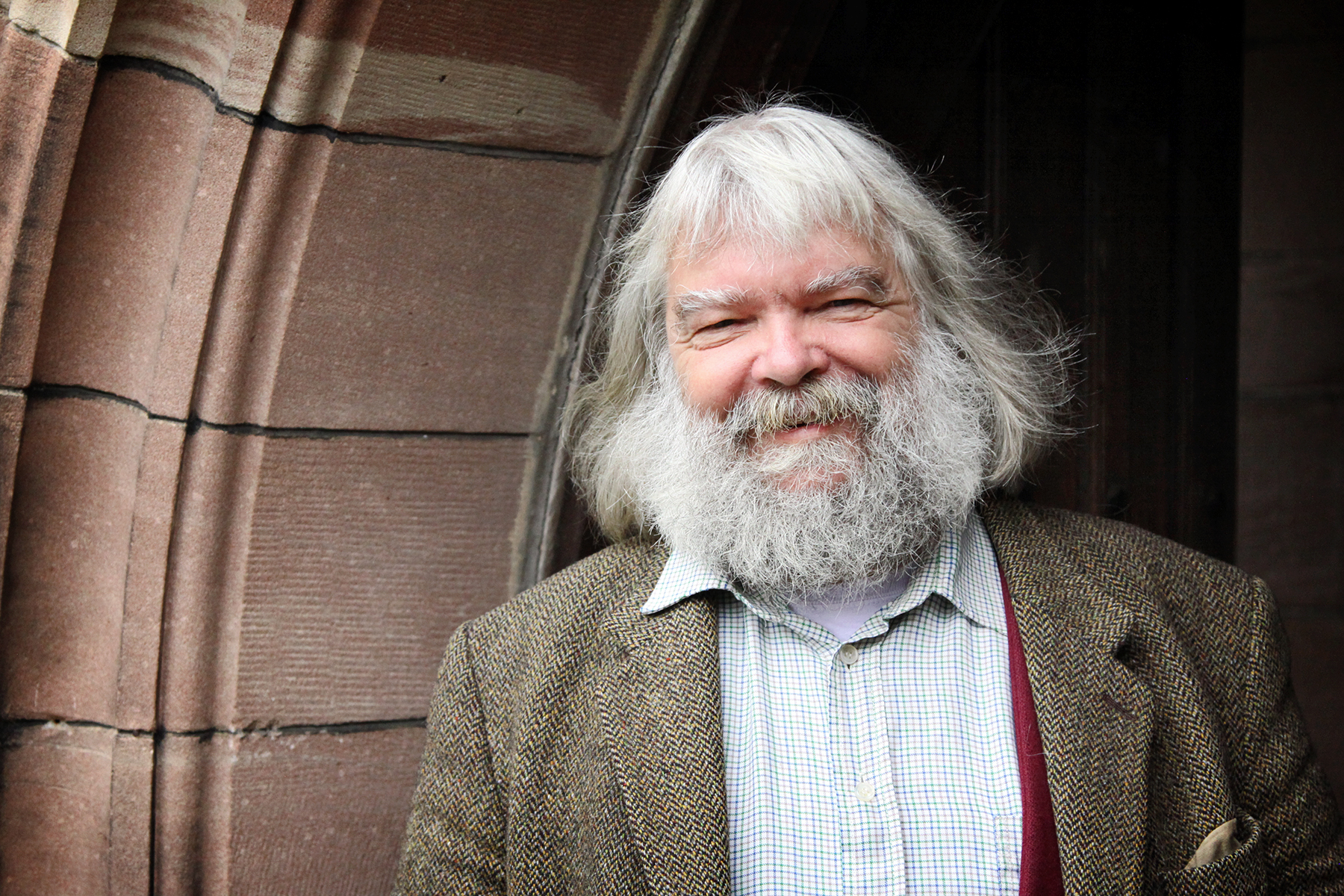
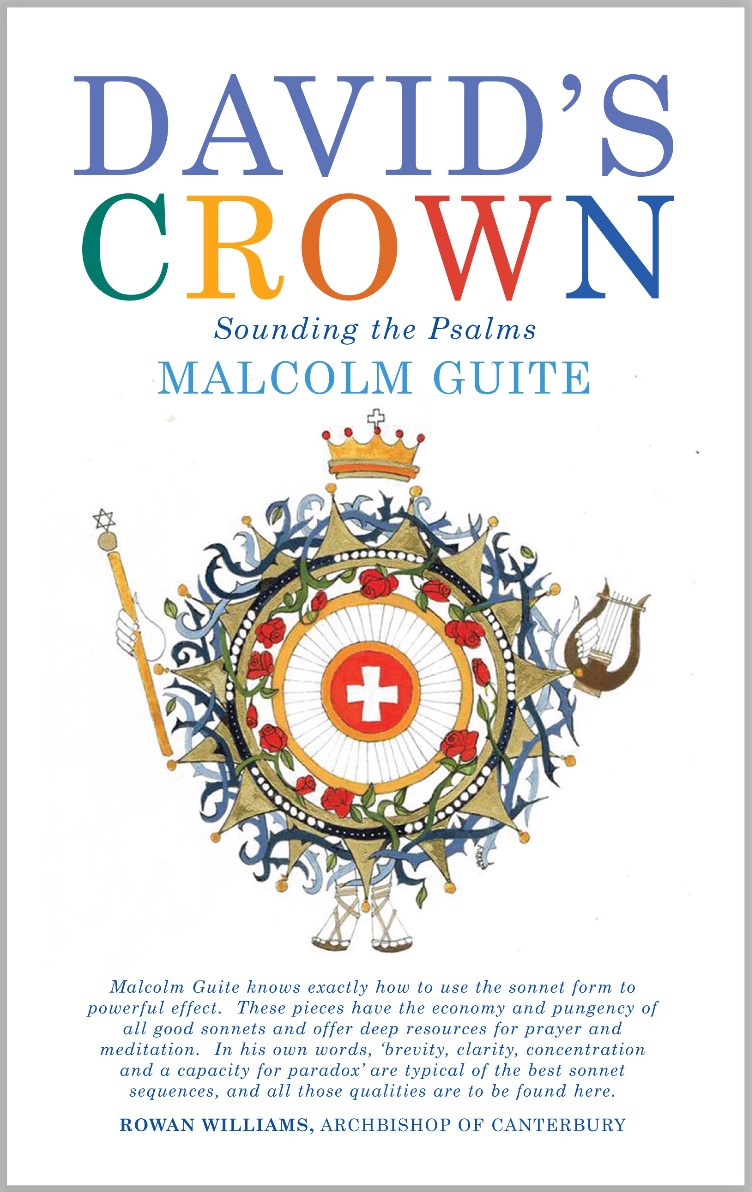
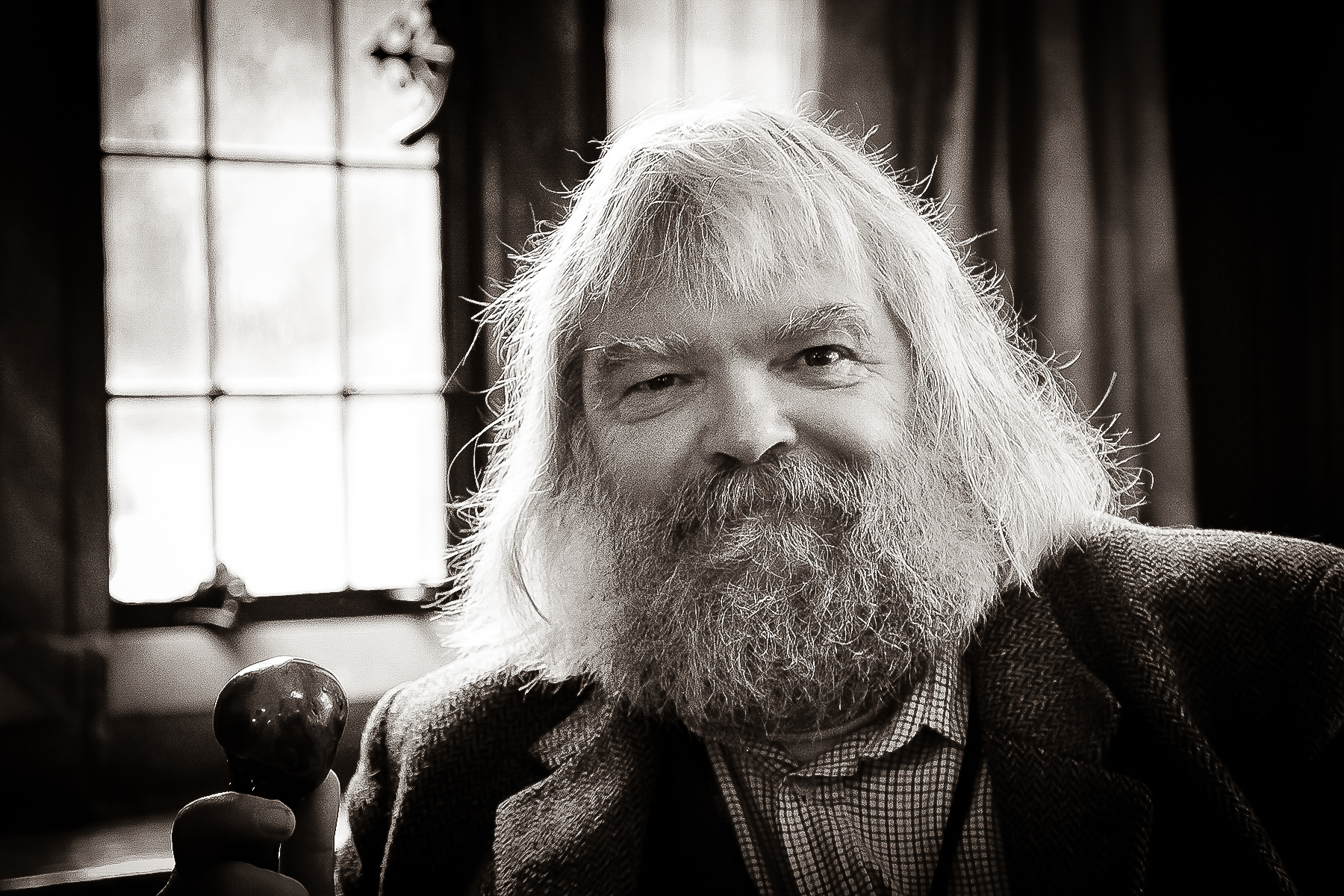
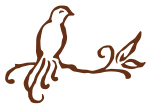
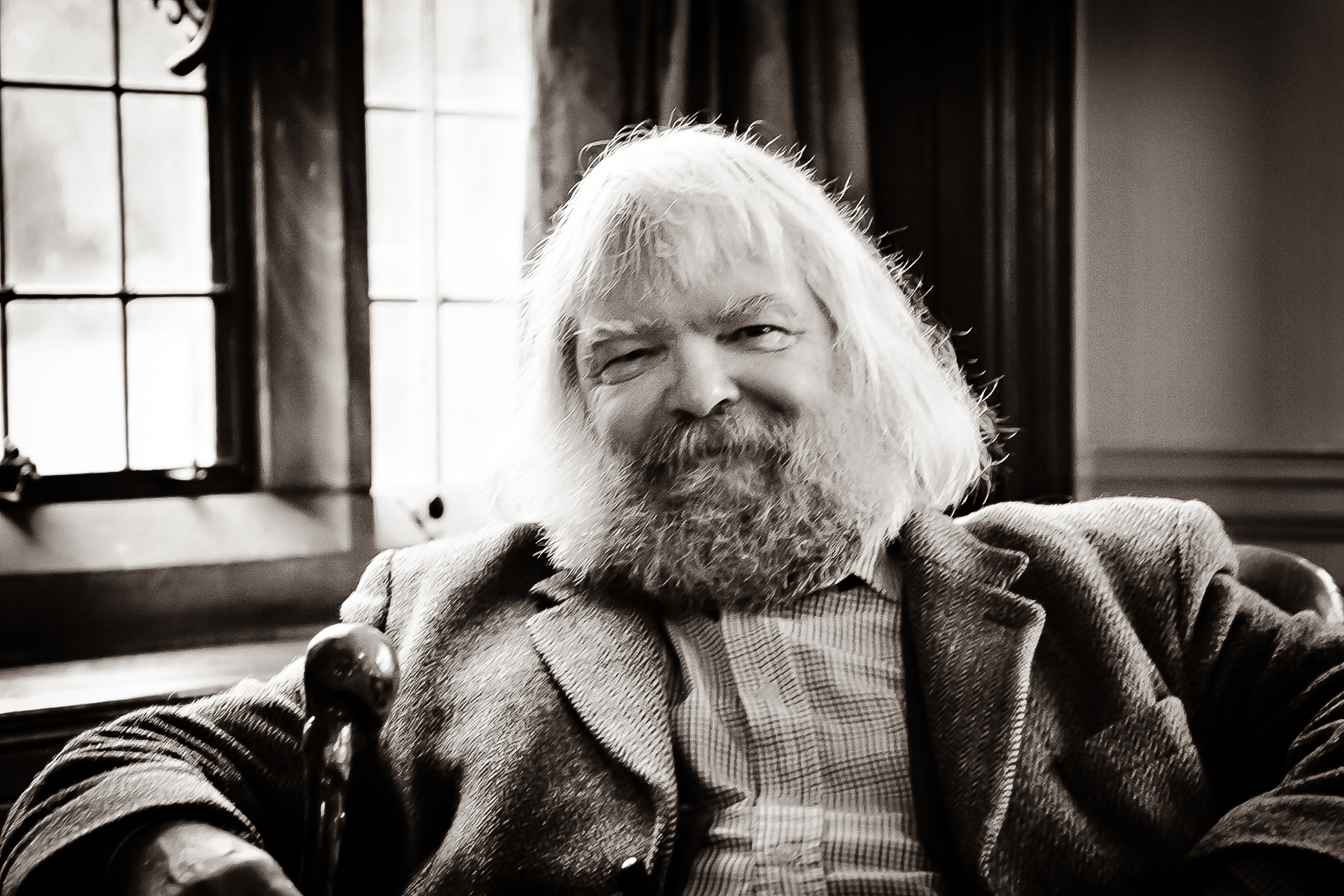
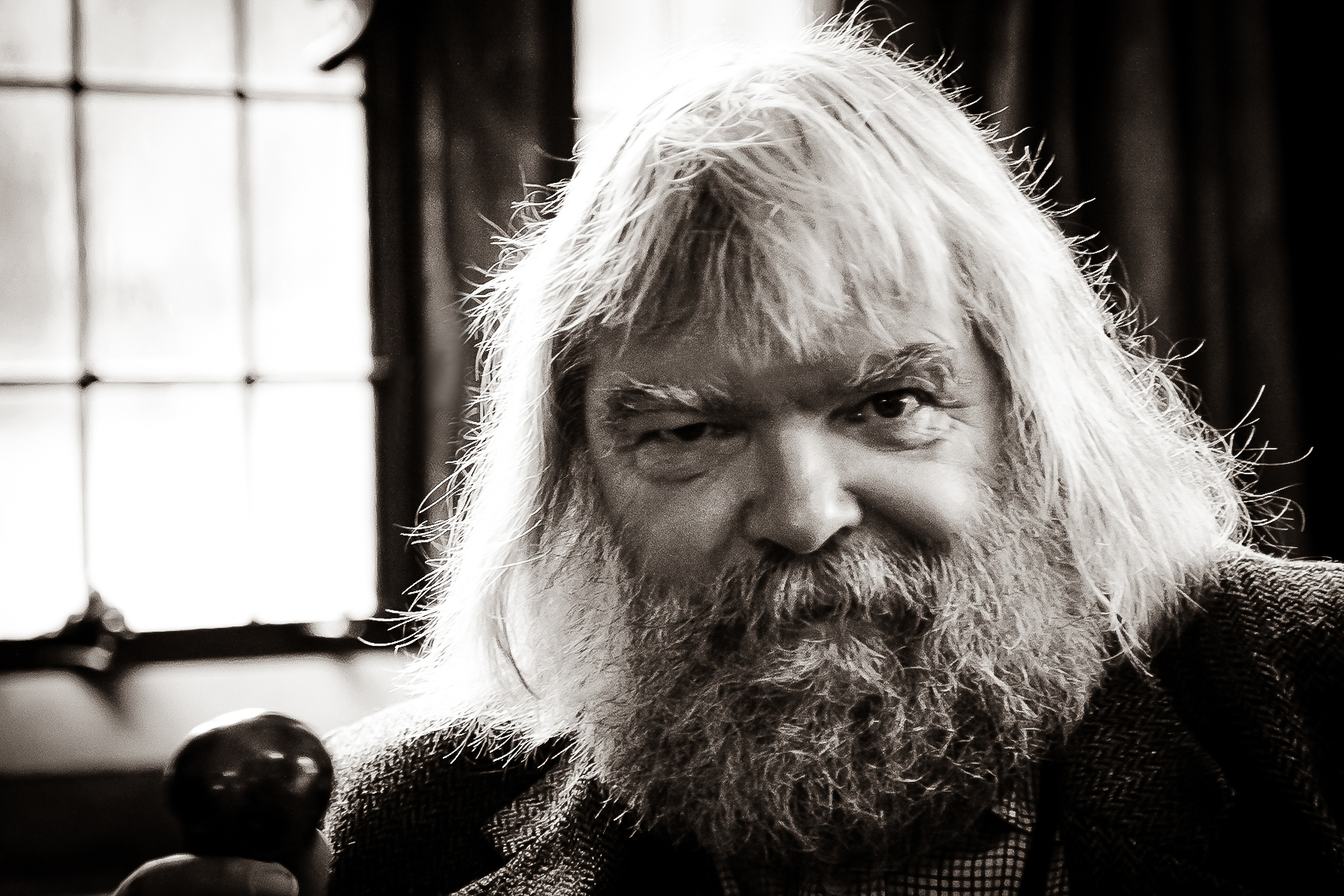
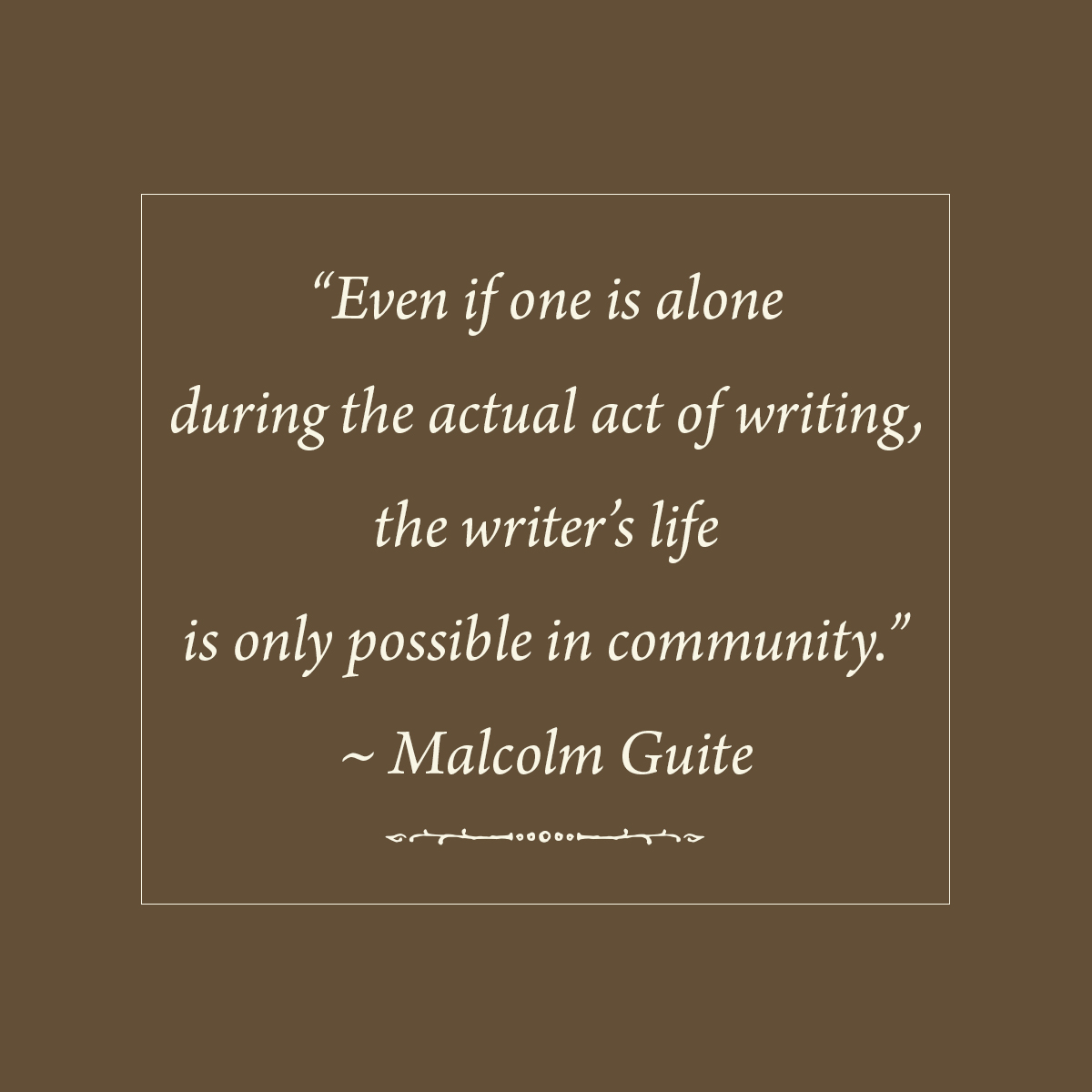
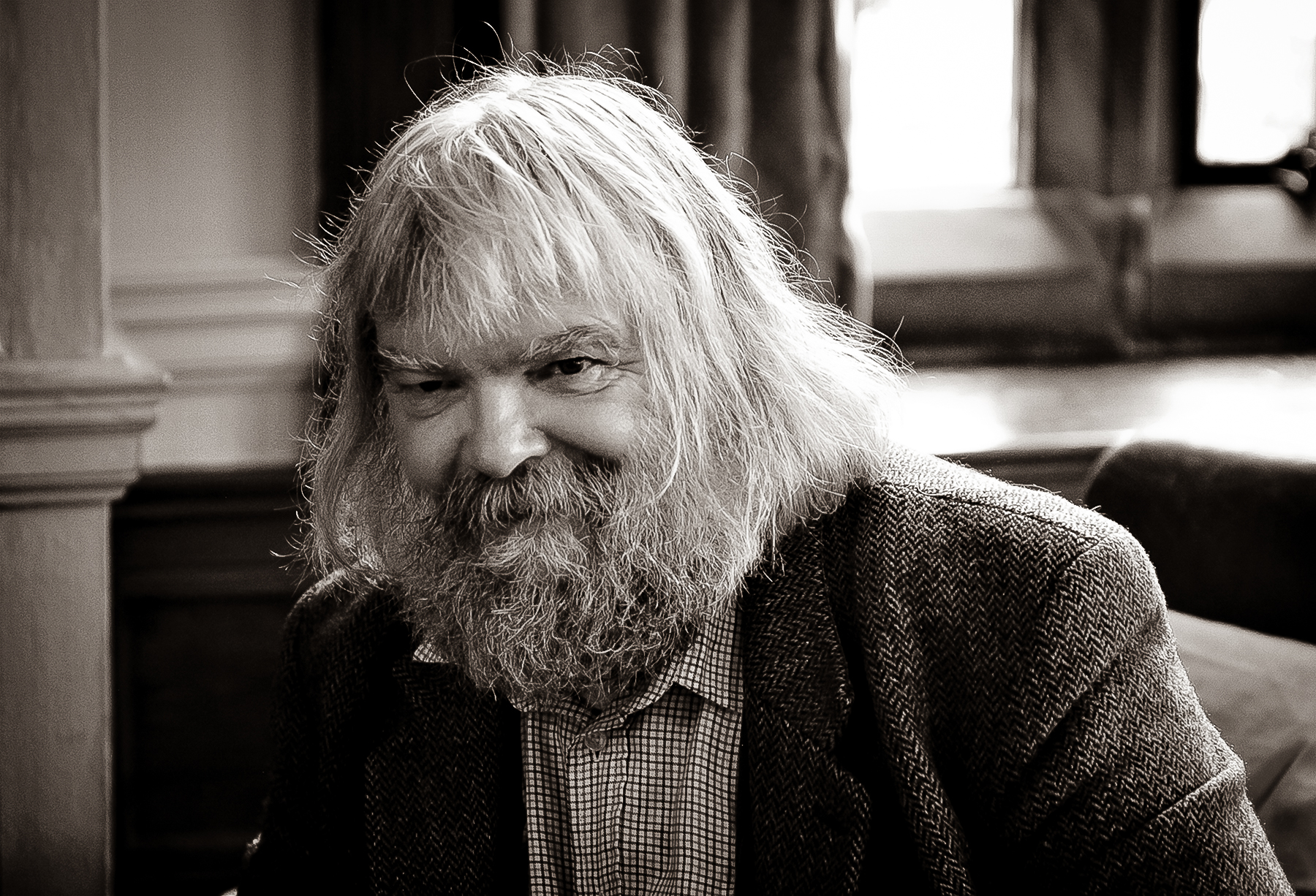
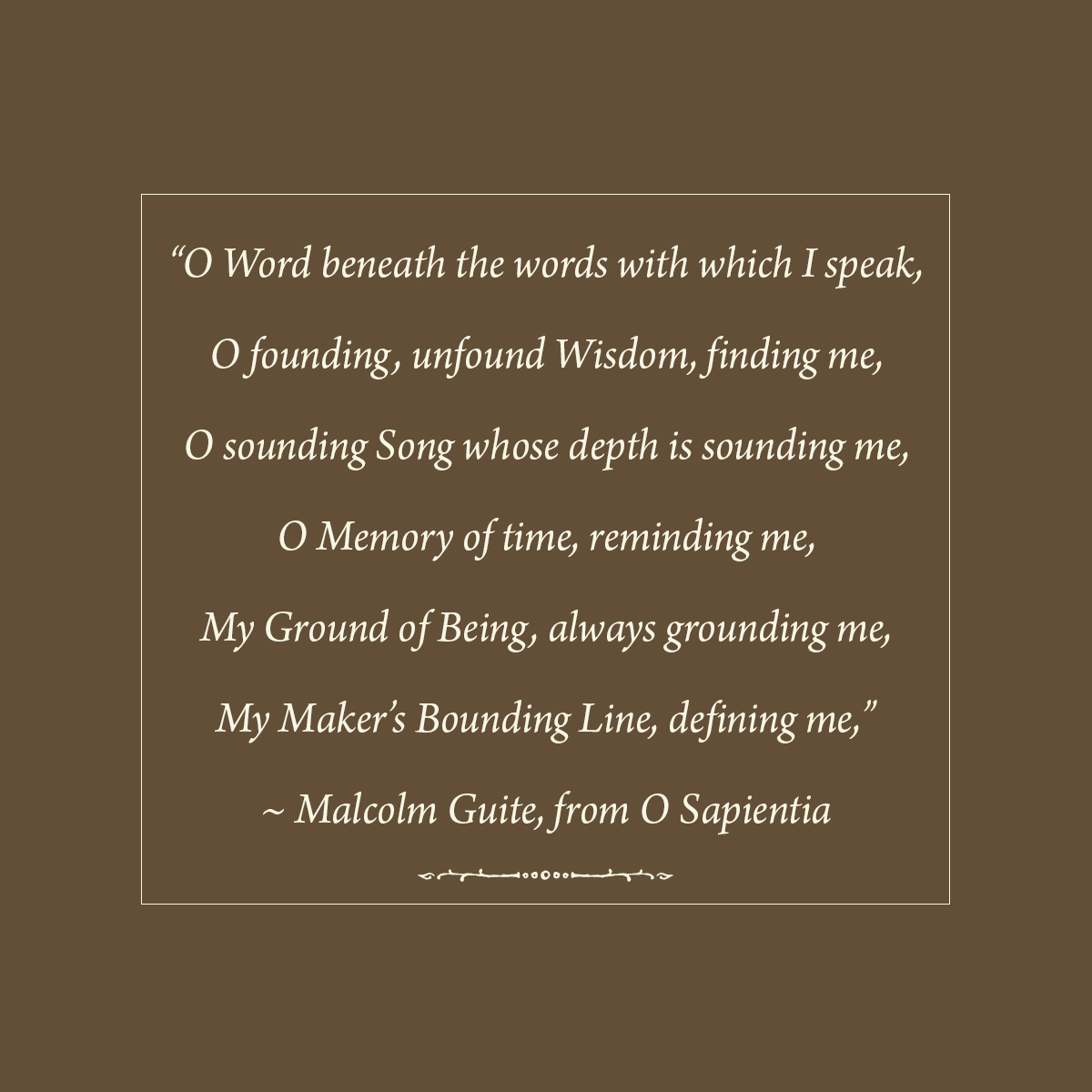
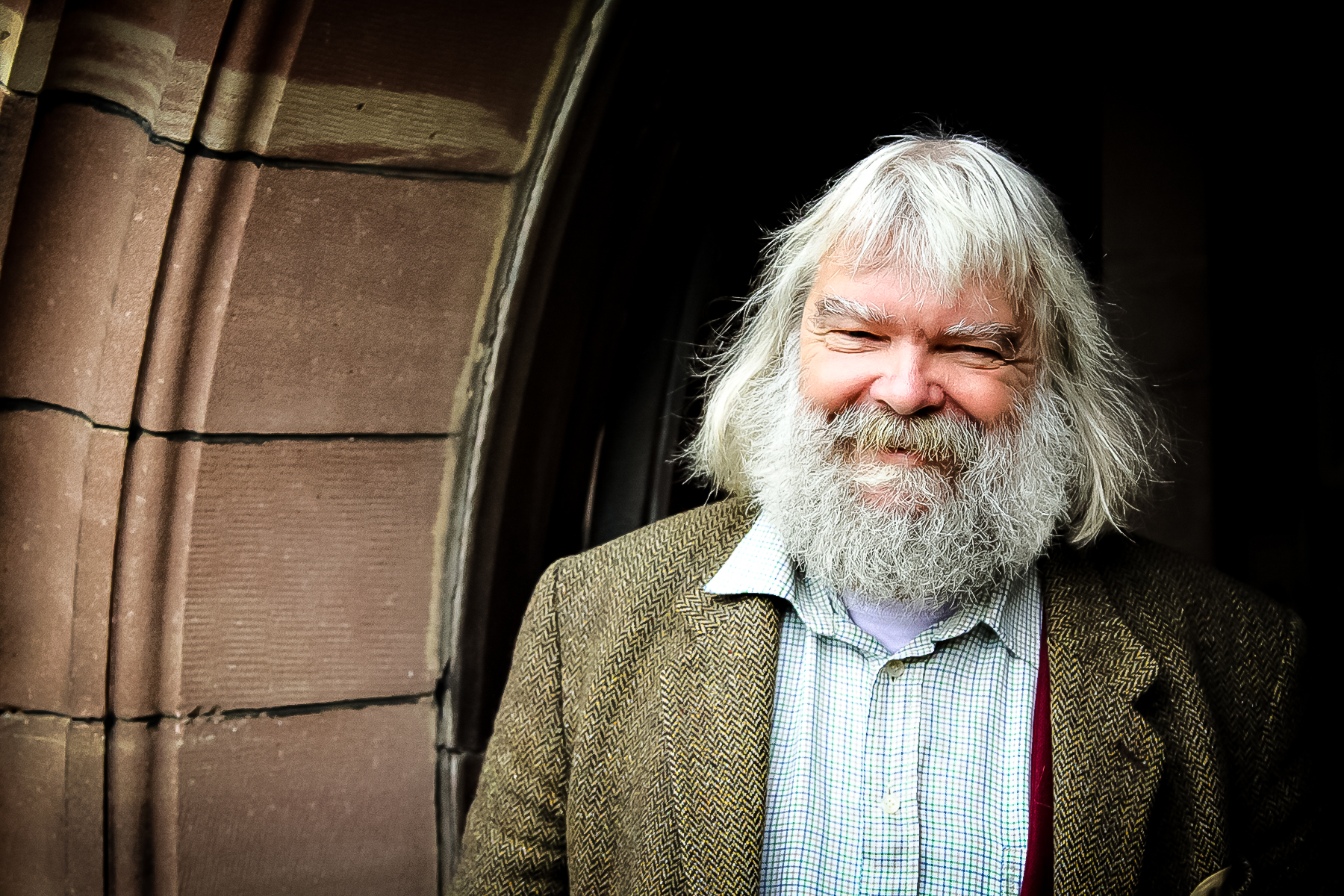
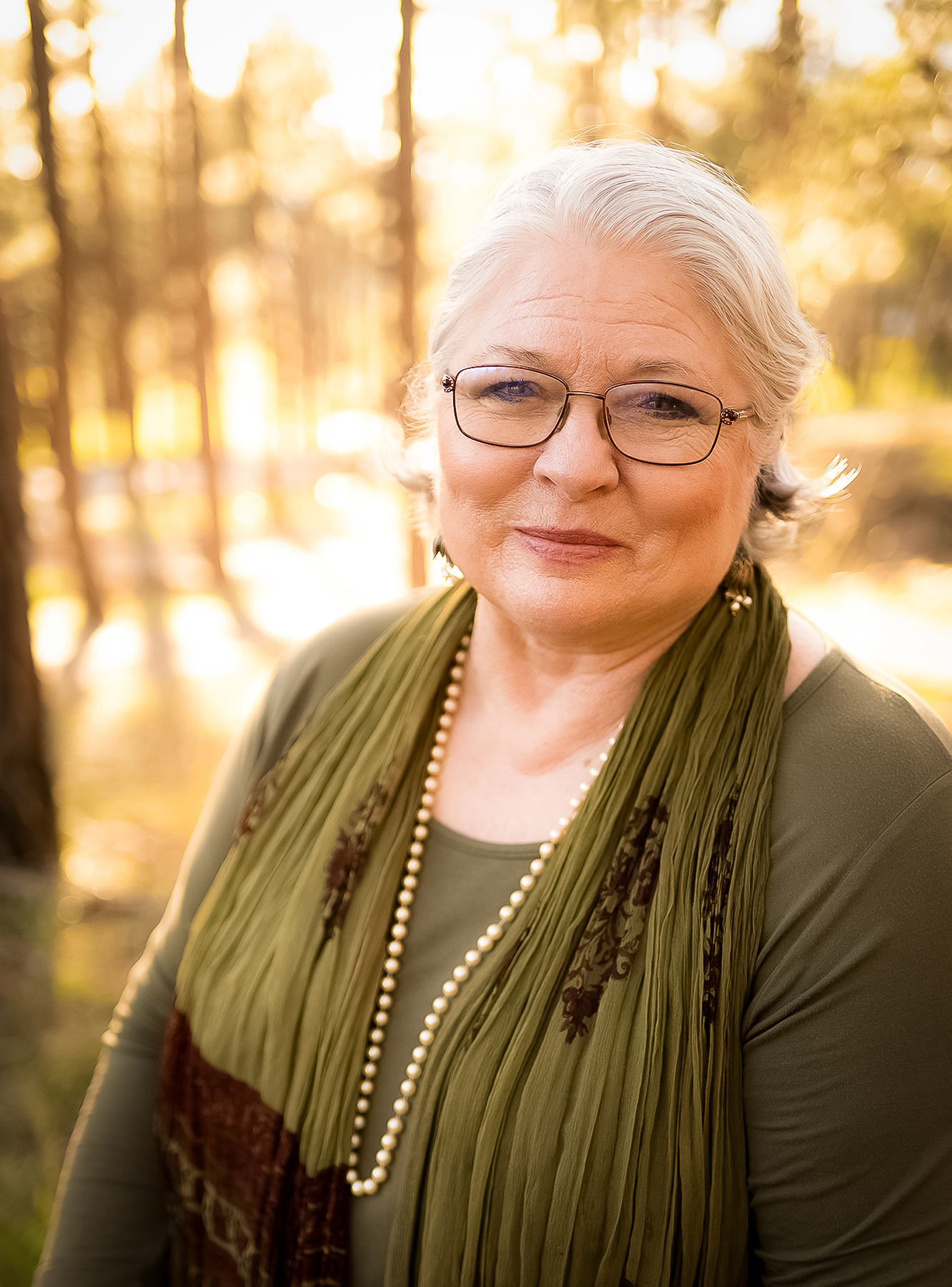
Thank you for this wonderful interview. I also appreciate the links to podcasts at the bottom, many of which I was not aware of, but eagerly look forward to listening to. Malcolm, you have been one of my central “literary mentors” as a poet and I continually benefit from your words and insights. Blessings!
Michael, you are most welcome! I am so glad the extra links are useful for you. I will pass on your comments directly to Malcolm as he may not see them here. We both appreciate your reading this and for all your encouragement! Many blessings to you!